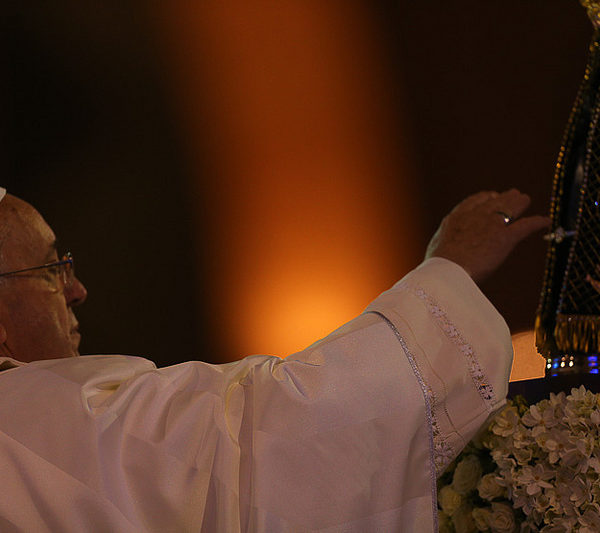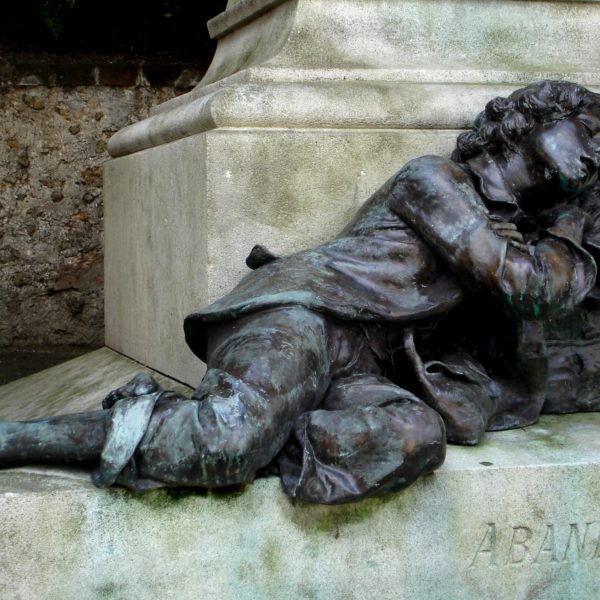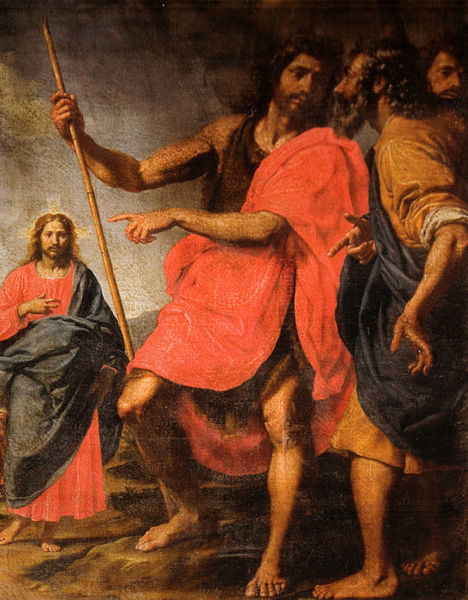
The contemporary exploitation of word of mouth in political and advertising campaigns on social media can encourage a degree of cynicism. At the outset of Jesus’ ministry in John 1:35-51 we see an account of the use of word of mouth that overcomes scepticism and rewards trust. This can provide us with a standard and ideal for our own involvement in political campaigning.
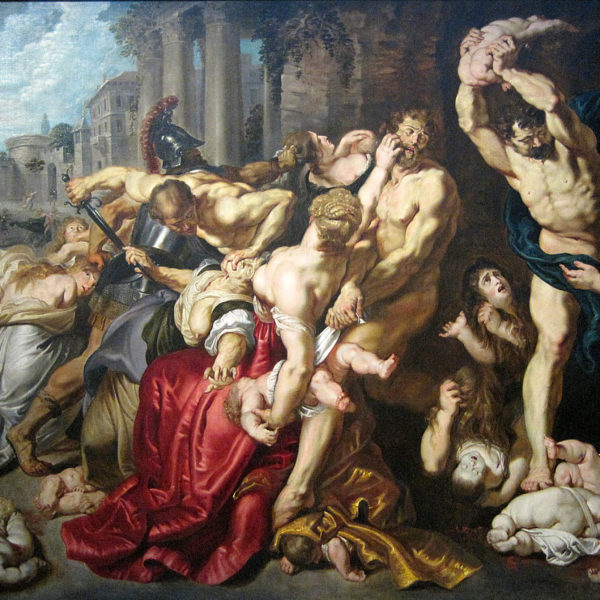
The account of the slaughter of the innocents rests like a deeply unsettling shadow upon the Christmas story, with its themes of God’s peace and presence. Yet, in reflecting upon this account, we may discover a profound new conception of the mode of God’s presence within our world and its tragedies.
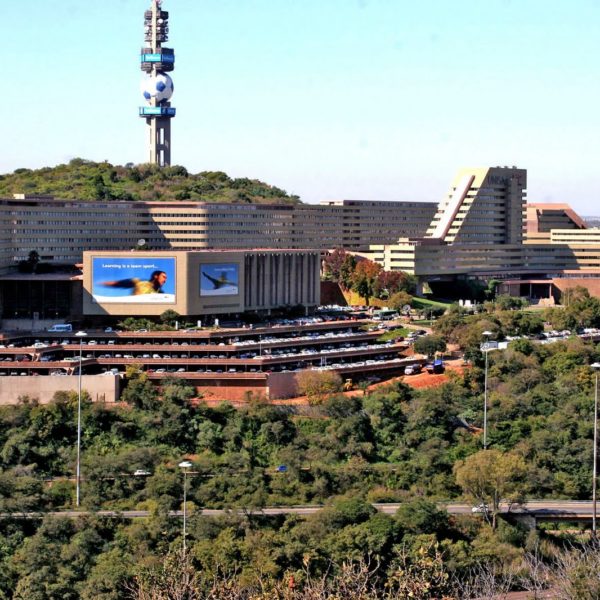
In collaboration with the Voice and Voicelessness Project, UNISA, the Transatlantic Roundtable on Religion and Race will be sponsoring a conference, July 10-16, 2014, in Praetoria, South Africa, investigating “Social Struggle and Faith-Based Activism in ‘Black Empowerment’ Times.”
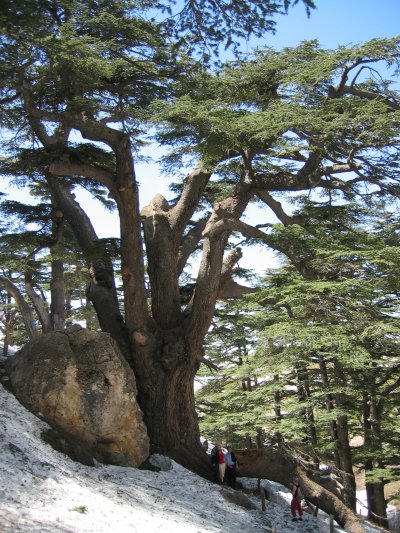
Isaiah 35:1-10 is a hopeful final statement to First Isaiah. Bringing together images of nature leading the way into a new world and release from political oppression, it continues to resonate in our contemporary situation.
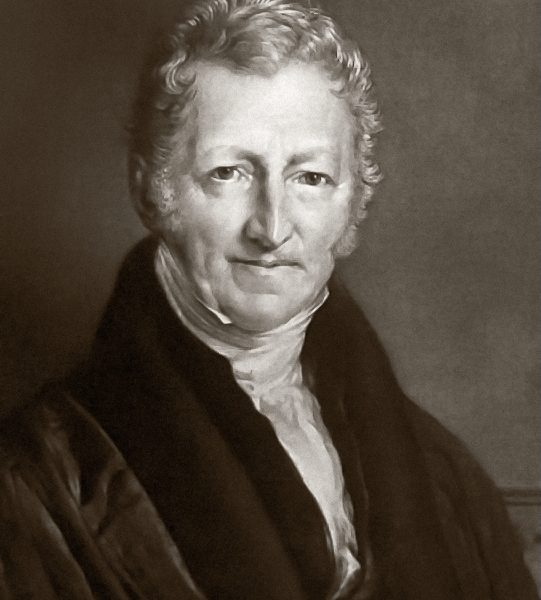
The original sin of man is the torpor and corruption of the chaotic matter in which he may be said to be born.
The Reverend Thomas Malthus (1766-1834) is best known for An Essay on the Principle of Population (1798). Here this classical economist argues that human beings are caught between two drives, lust and hunger – or, being the polite reverend that he was, population and subsistence.
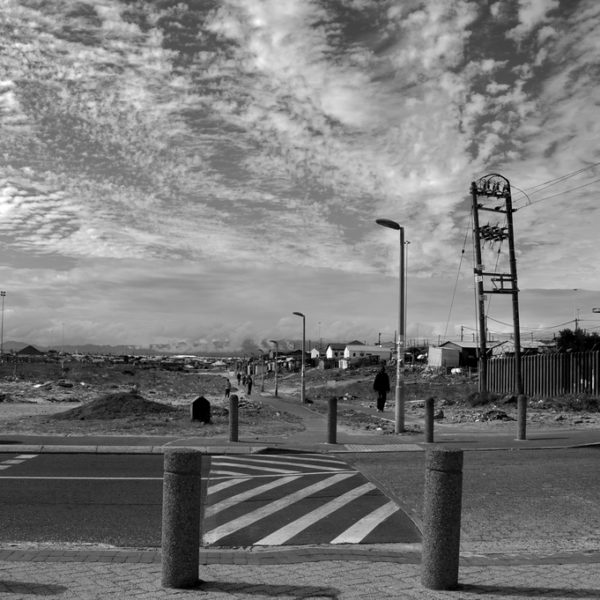
It would be nice to be able to write the following in the wake of Nelson Mandela’s demise: Mandela was a freedom fighter to the end, a figure whose legacy has not only brought justice and equality to the people he left behind, but also has worked as a moving inspiration for the world leaders who gathered last week to bid his spirit farewell.
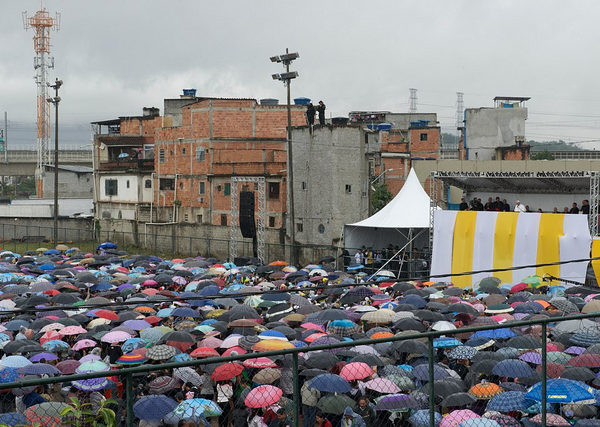
A number of years ago, as I was trying to finalize my dissertation proposal at a large Catholic university, I ran into some problems. My topic was the preferential option for the poor and U.S. middle-class Christians. I knew I was stretching some of the boundaries of theological ethics by focusing on class analysis and the philosophical underpinnings of “The American Dream” as obstacles to faithful expression of the option for the poor in the U.S.

Back in September, I suggested that the current literature on just intelligence theory may be unduly influenced by jus contra bellum thinking; that is, a strain popular among the more pacifistic elements of just war thinkers which tends to elevate either the jus in bello principles (i.e. immunity of noncombatants from direct attack and micro-proportionality) or the prudential ad bellum criteria (i.e. last resort, macro-proportionality, probability of success) over the traditionally-prior, deontological categories of sovereign authority, just cause and right intention.
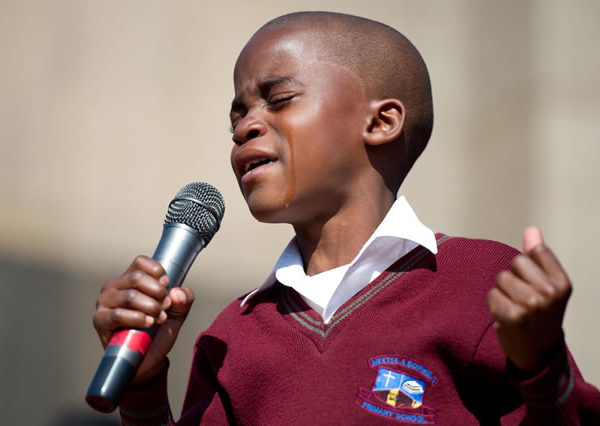
“Have you heard that Mandela died?” The staggering impact of this question took my breath away as I stepped into the office after a full day of classes on Thursday, December 5th. I texted my daughter who had grown up in South Africa, with these simple words, “Wow – this is huge!” Mourning the loss of Mandela has been an enormous undertaking.
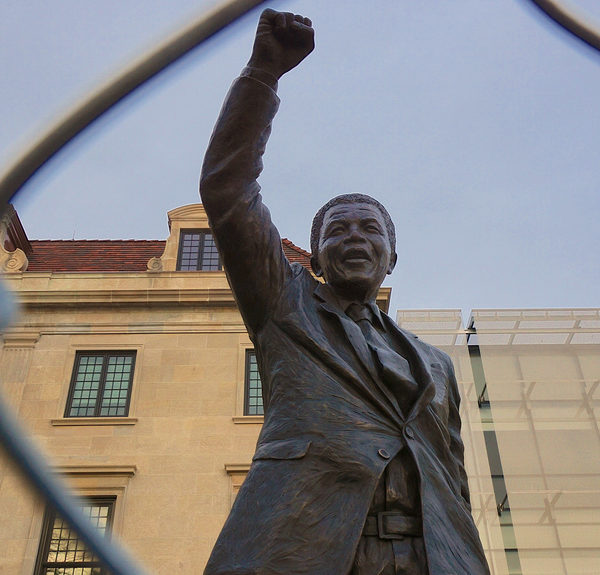
“Most politicians represent an interest group, a community of people who vote for them and whose interests they serve. Nelson Mandela was different; he represented a community that did not yet exist, a community he hoped would come into being.” —Rowan Williams
